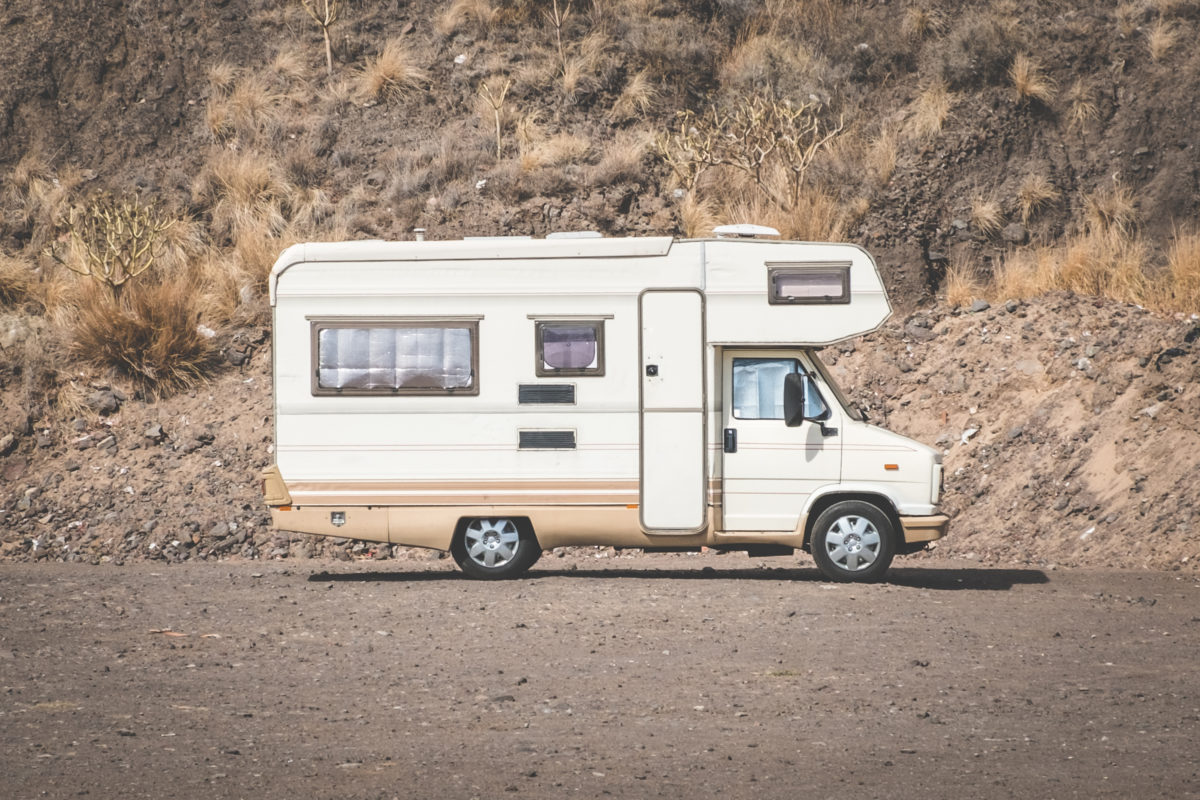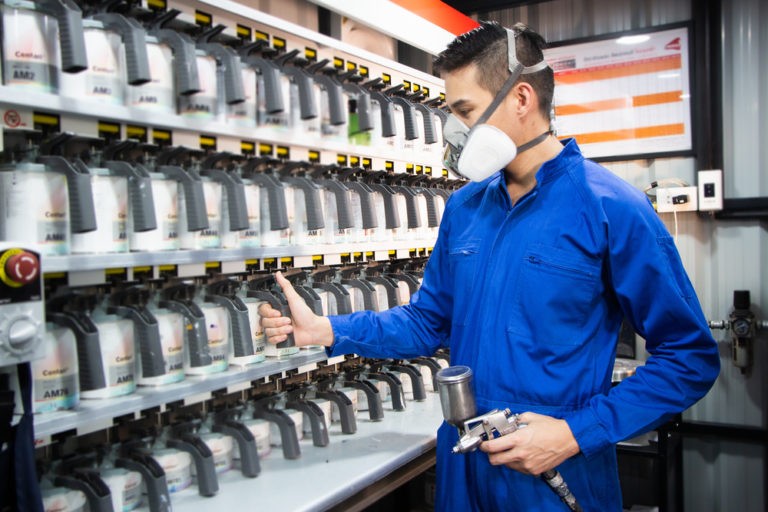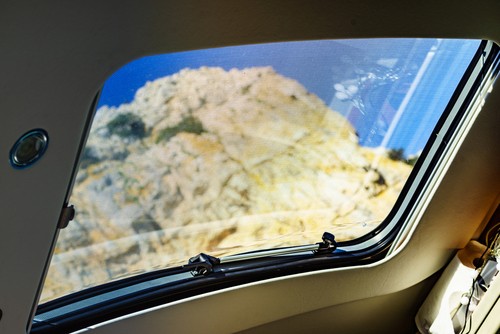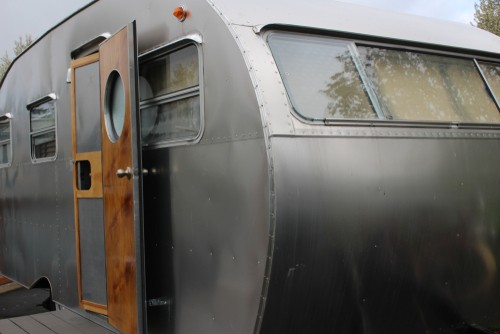
3 Things to Look at When Buying a Camper for Vehicle Restoration
There are those who like buying the latest and greatest of vehicles and big rig toys, and then there are those who love projects and reshaping something old into something new and perfect for them. If you are one of these crafters, builders, and refurbishers, then buying an older RV for vehicle restoration might just be right up your alley.
Old campers and motorhomes are excellent canvases upon which to build up your perfect home and travel vehicle. That said, even the craftiest of RV owners will likely find themselves needing outside professional help from time to time, and that goes doubly true if you get a real clunker. In order to keep costs low, avoid clunkers and look instead for good bones so you can enjoy the best parts of the vehicle restoration process and not the worst (like having to replace the entire roof due to water damage). The following are a few important things to look at to ensure you get a good project and not a time and money pit:
3 Things to Look at When Buying a Camper for Vehicle Restoration
- Water damage. Water damage is the RV owner’s biggest enemy, as most units are built with a significant amount of wood and insulation. When water gets into those framing materials, what you get is rot and mold, which once it progresses far enough, requires extensive gutting. So before buying any used RV, ask about water damage and how frequently the vehicle was left uncovered and left exposed to the elements. Check the entire roof and floor for soft spots and the walls for any signs of delamination which can often indicate underlying water intrusion.
- Undercarriage condition. You may think a camper looks in great condition but if it’s not on a sound undercarriage, you may not make it far off the seller’s lot. Don’t be afraid to get dirty and get under any trailer you are considering buying. You need to check to be sure that the frame and axles are free of any rust and test the brake and hitch systems for sound operation.
- Sniff test. This may seem silly, but you’d be surprised at how well your nose can detect a bad RV. If you don’t have a great sense of smell, enlist a friend or family member who does. What you (or they) should be checking for is any lingering odors including mold, mildew, cigarette smoke, and pet odors. While you may not mind the scent of dogs or cigarettes in general, these types of odors can point to underlying issues and misuse of the RV, such as urine stained flooring.
Need Help With Your Vehicle Restoration? Contact Premier Coach Works
If you find yourself with a project bigger than anticipated, or maybe just need a bit of assistance on something like an axle replacement on your RV restoration project, then contact our team today at Premier Coach Works. Our skilled mechanics and RV technicians are adept at every part of the vehicle restoration process, from taillight replacement to engine rebuilds!



